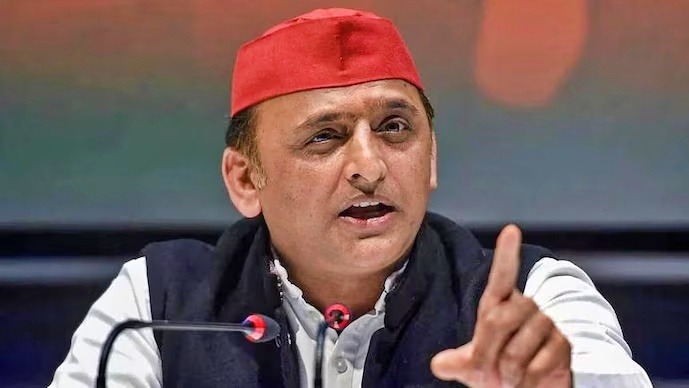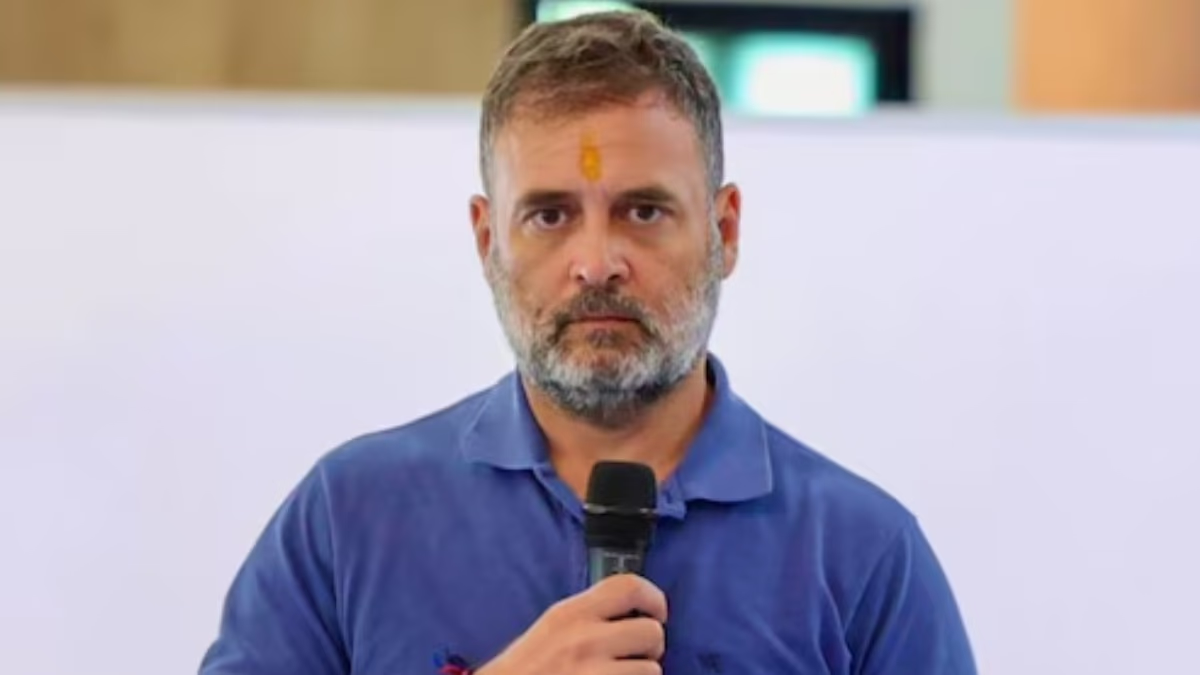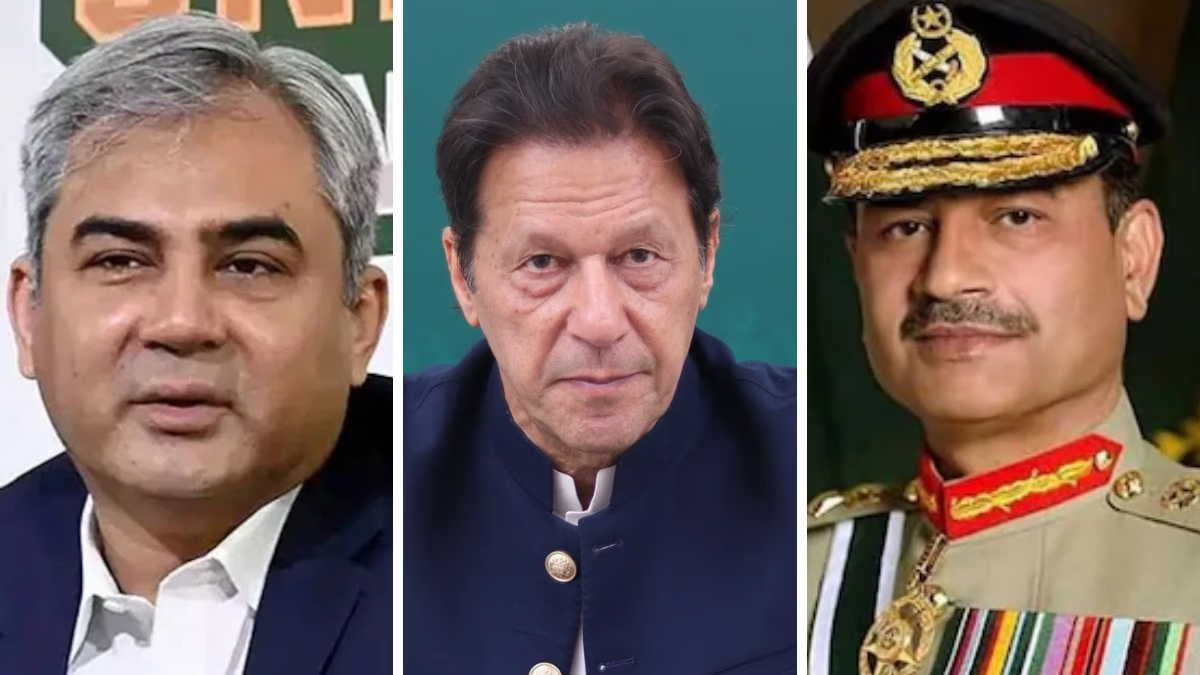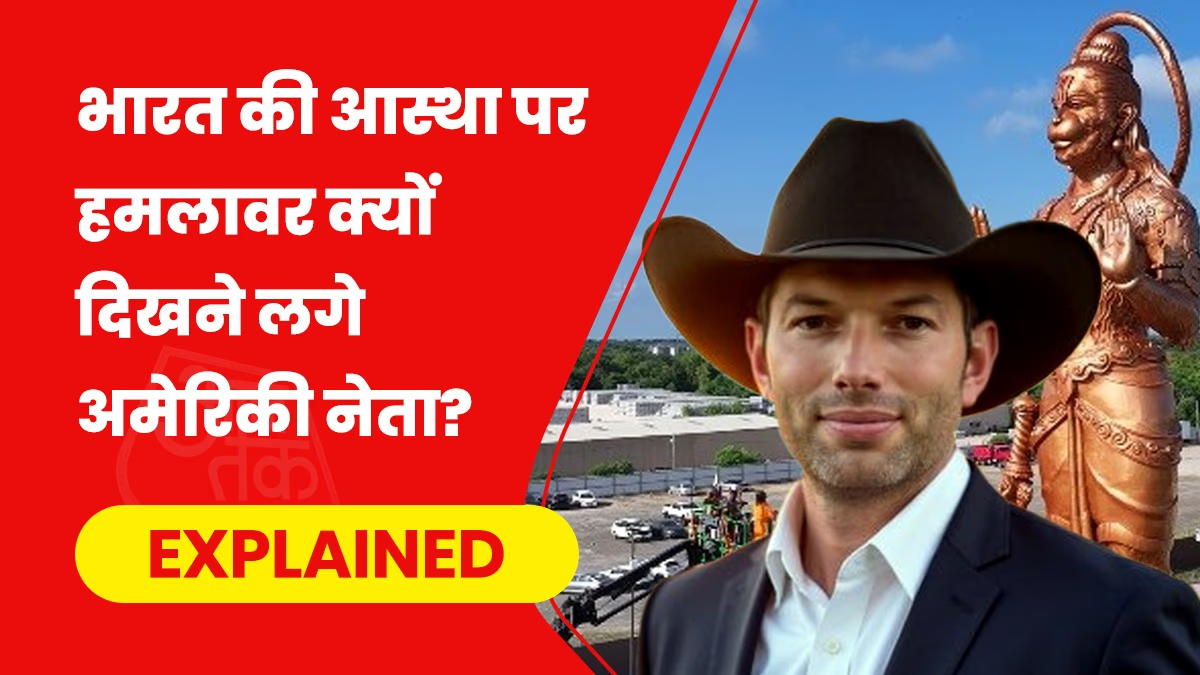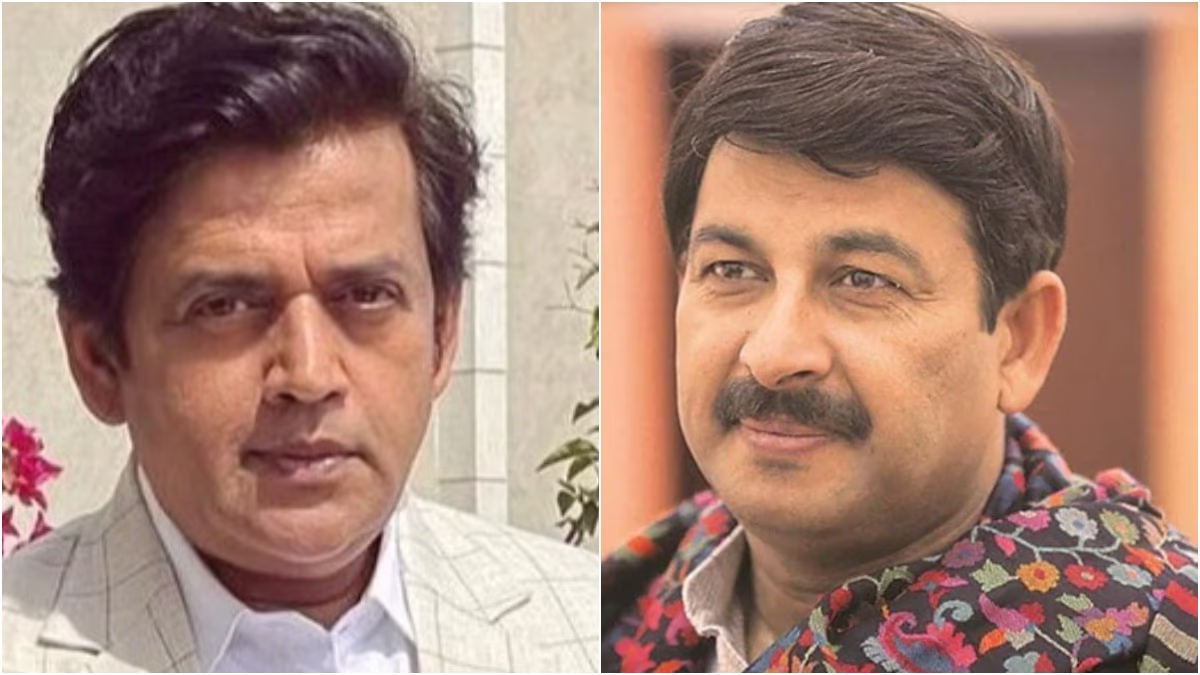The recent political maneuvers in Uttar Pradesh caught the eagle-eyed observers off guard. Seemingly out of the blue, several key OBC and Dalit affiliations with the Samajwadi Party veered off course, opting for a perilous stance in the murky waters of politics.
Citizens posed pointed questions about what Swami Prasad Maurya hoped to gain from distancing himself from Akhilesh Yadav? What was the anticipated return for Pallavi Patel's clash with the party's leadership and her subsequent exit from the coalition? What benefits were in the offing for Salim Sherwani after leaving the Samajwadi Party? And, not least, the solo political battle Chandrashekhar Azad Ravan chose to fight in Uttar Pradesh – what was his expected triumph?
Indeed, these questions were left hanging without satisfactory answers by the leaders themselves, and the public remained equally baffled, unable to discern the machinations behind these political gambles. Why exactly did these heavyweights decide to take steps that put their political relevancy at risk for the 2024 General Elections?
Akhilesh enforces control over the nascent Parallel PDA!
As the 2024 elections inch closer, it became evident that leaders were aware of the stakes, Akhilesh Yadav included. But it was Akhilesh, who, inheriting the proverbial 'Charkha Daav' wrestling move from Mulayam Singh, deployed it masterfully against both the counterparts of the nascent PDA and the Congress. Akhilesh's charkha spun such that it swept the floor from under Congress's feet, and the aspirants of the so-called Parallel PDA found themselves caught in a limbo, belonging neither here nor there.
In their discontent with Akhilesh, these leaders had been exerting pressure for as many electoral tickets as they could lay claim to for themselves and their allies. Pallavi Patel was ambitious for three seats, Swami Prasad Maurya desired tickets for both his son and a collection of close associates, Chandrashekhar Azad Ravan angled for four spots within the alliance, Salim Sherwani aspired to secure a Rajya Sabha seat for himself along with Lok Sabha tickets for his proponents, and Keshav Dev Maurya, too, had his sights set on a Lok Sabha seat. Despite these requests, Akhilesh remained steadfastly unyielding.
And so, all these leaders, irked with Akhilesh's intransigence, contemplated a shift towards the Congress. It was rumored that a Parallel PDA, poised to confront Akhilesh's faction, was near fruition, potentially readying to align with Congress. Swami Prasad Maurya was believed to be the linchpin of this faction, preparing to stand with Congress if a union with Samajwadi Party failed to take shape, intent on a collective front against the BJP.
Reflect upon a time when Akhilesh frequently pressured Congress for expeditious coalition seat confirmations, but Congress procrastinated, resulting in various leaders either abandoning Akhilesh's side or launching broadsides at him regarding the PDA negotiations.
This was reflected when Pallavi Patel projected Akhilesh as betraying the PDA by nominating upper-caste candidates in the Rajya Sabha selections, asserting her credentials as the authentic PDA. Concurrently, Swami Prasad Maurya resigned from the Samajwadi Party and surrendered his MLC seat, while prominent Muslim leaders like Salim Sherwani and Abid Raza departed the party, censuring it for marginalizing Muslims.
Stranded by Akhilesh's 'Charkha Daav,' Parallel PDA leaders grapple with uncertain futures.
These leaders felt certain of Congress not venturing into a coalition with Samajwadi Party since it appeared that SP was ready to go solo and was not inclined to offer more than a dozen seats to Congress. Swami Prasad Maurya was in communication with the upper echelons of Congress, and Pallavi Patel had direct interactions with the Gandhi family. They had nearly solidified their Parallel PDA, which soon dissipated when Akhilesh drew from Mulayam Singh's tested 'Charkha Daav' arsenal.
As the chorus within the India Block urged Congress that a non-alliance with Akhilesh would signal the breakup of the coalition, Congress was left with no alternative than to join hands. Akhilesh's subsequent declaration of 17 seats for Congress indicated his willingness to collaborate, and with Rahul and Priyanka's critical last-minute involvement, the SP-Congress pact was set in stone, leaving the Parallel PDA visionaries in the lurch.
As Akhilesh Yadav was the coalition custodian in Uttar Pradesh, all parties were necessitated to engage with him for seat allocations. Once the SP-Congress arrangement was finalized, these leaders were left without a stronghold or support. Congress continued to mediate with Akhilesh for their candidate quota but functional leverage was lacking, let alone on behalf of these leasers.
The precarious state of Congress could be gauged from the fact that despite Pallavi Patel's presence in Rahul Gandhi's campaigns, her visibility on his vehicle in Varanasi, and her participation on the finale stage in Mumbai, Congress remained incapable of rendering her substantial aid.
Speculation is that Congress itself advised Pallavi Patel to independently field her candidates given the stalemate. Additionally, Congress's UP in-charge has now been appealing to Akhilesh to reconsider Swami Prasad Maurya's resignation.
In essence, although Congress created a stage for the imaginary Parallel PDA, it ultimately failed to back up these ambitions, leaving the leaders adrift amidst political crosscurrents.
Unraveling the 'Charkha Daav': A Legacy of Mulayam Singh
A signature move of Mulayam Singh Yadav from his wrestling days to his political playbook, the 'Charkha Daav' is akin to catching an opponent in a wheel-like lock. Synchronously controlling the neck and leg, one applies a twist and tug motion, morphing the rival into a wheel-form defeat position, compelling a conceded match.
These very tactics were reputed to be Mulayam's forte, manifesting similarly in the political arena as trapping schemes that left opponents no room to manoeuvre.
